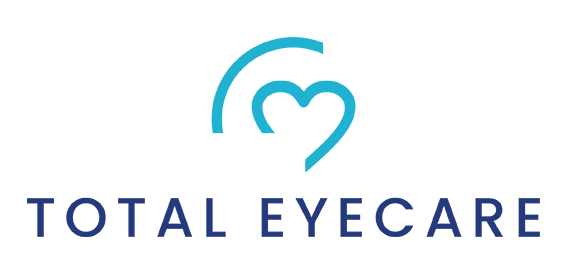
26 Aug Is Hitting the Books Hurting Your Eyes?
With exams for the fall semester just around the corner, students might see a massive change in their bedtime routines. Most spend hours studying and going through their work preparing for their exams. Since most books and learning material is available online, students can sometimes spend hours in front of their laptops and phones.
As a result, it can lead to visual fatigue and discomfort in your eyes. Nevertheless, this should not be what stops you from getting good grades in your exams. We will discuss some strategies to help you with visual fatigue.
What Does Digital Eye Fatigue Mean?
Digital eye fatigue refers to eye strain or other issues that result in increased usage of digital devices. You might also hear people refer to it as computer vision syndrome, and it mainly happens due to a reduced blink rate.
Understanding digital eye fatigue is vital since it helps you identify potential symptoms, such as unclear vision, dry eyes, body aches, headaches, etc. However, if you experience pain in your eyes, a change in your eyesight, or significant redness without spending long hours in front of the screen then you should contact an ophthalmologist for it.
There has been a significant rise in the use of digital devices like laptops and phones in the last few years. A report by The Vision Council shows that more than 80% of Americans spend more than 2 hours every day on their digital devices. The report also shows how more than 60% of people experience symptoms like eyestrain.
How to Deal with Digital Eye Fatigue?
While digital eye fatigue is not a medical emergency, it can have a significant impact on your performance at work. Therefore, you need to take the right steps to deal with it. Here are some measures that you can take:
- Adjust the screen brightness: Adjust the display setting of the device according to your background. Don’t keep the brightness too high when it is the only source of light, and don’t keep the brightness too low in well-lit environments. Make sure to set the right text size and contrast settings properly so you don’t strain your eyes.
- Blink: The blinking rate tends to decrease when you are focusing on digital screens. So, try blinking more often.
- Go with the 20/20/20 rule: Take a small break for 20 seconds after spending 20 minutes on digital devices. Focus on a thing that is at least 20 feet away.
- Have proper lighting: Avoid placing your screen directly under the fluorescent lights and use lamps for adequate lighting and to focus better.
- Leave the study area: Don’t stay in the study area for a long time. Try getting up after every 20 minutes to stretch your legs.
Contact an Eye Doctor for Your Digital Eye Fatigue
Digital Eye Fatigue can even affect people who don’t wear glasses. It can affect your focus and concentration when studying. Total EyeCare can help you with your eyesight problems and other issues with your vision.
So, contact the professional and expert eye doctors at Total EyeCare today for an appointment!



